18 Free Commuter Photos transparent PNG images
Discover our extensive collection of Commuter Photos, featuring 18 free AI-generated images that capture the essence of daily transit life. This diverse collection includes high-quality stock photos, 3D objects, vectors, and illustrations depicting various aspects of commuting experiences. Each image is available for high-resolution download, and you can utilize our 'open in editor' feature on the image detail page to customize the prompt and regenerate images that perfectly match your vision of urban mobility.
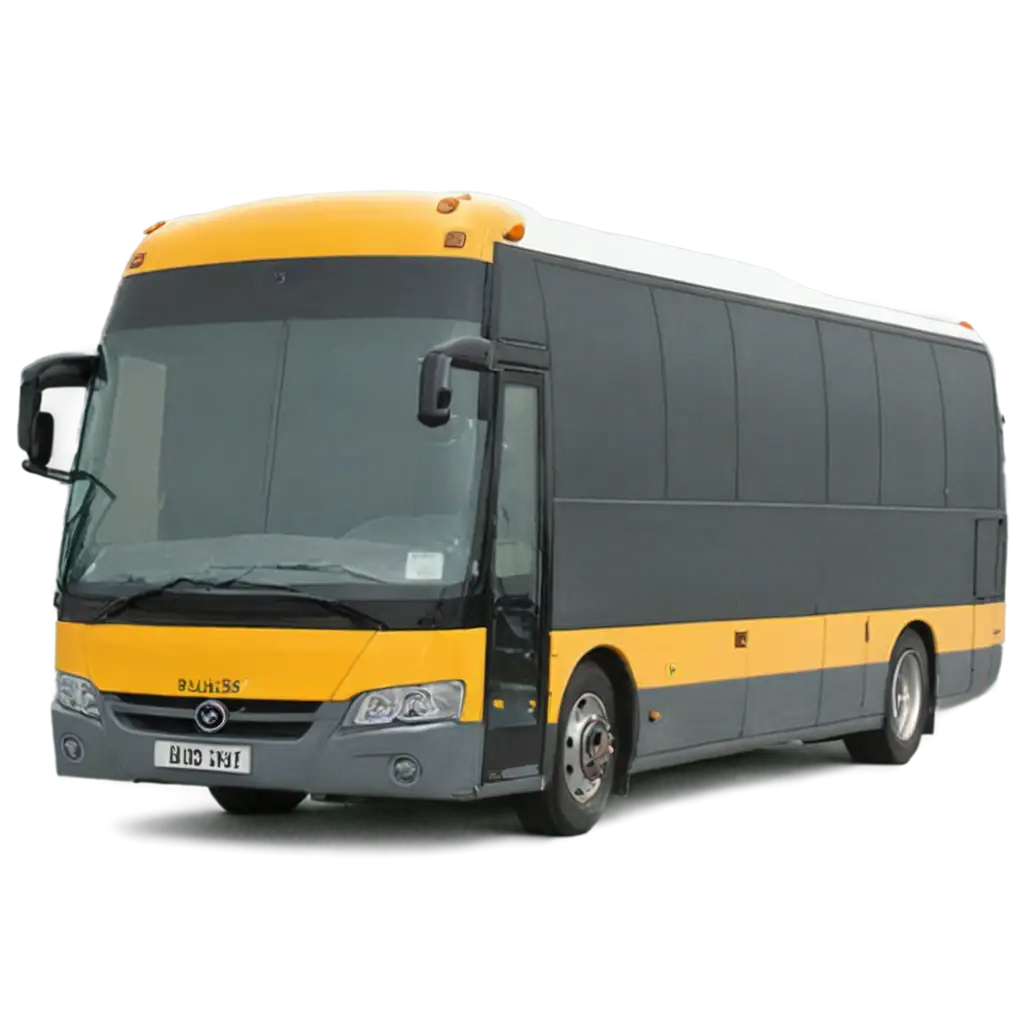
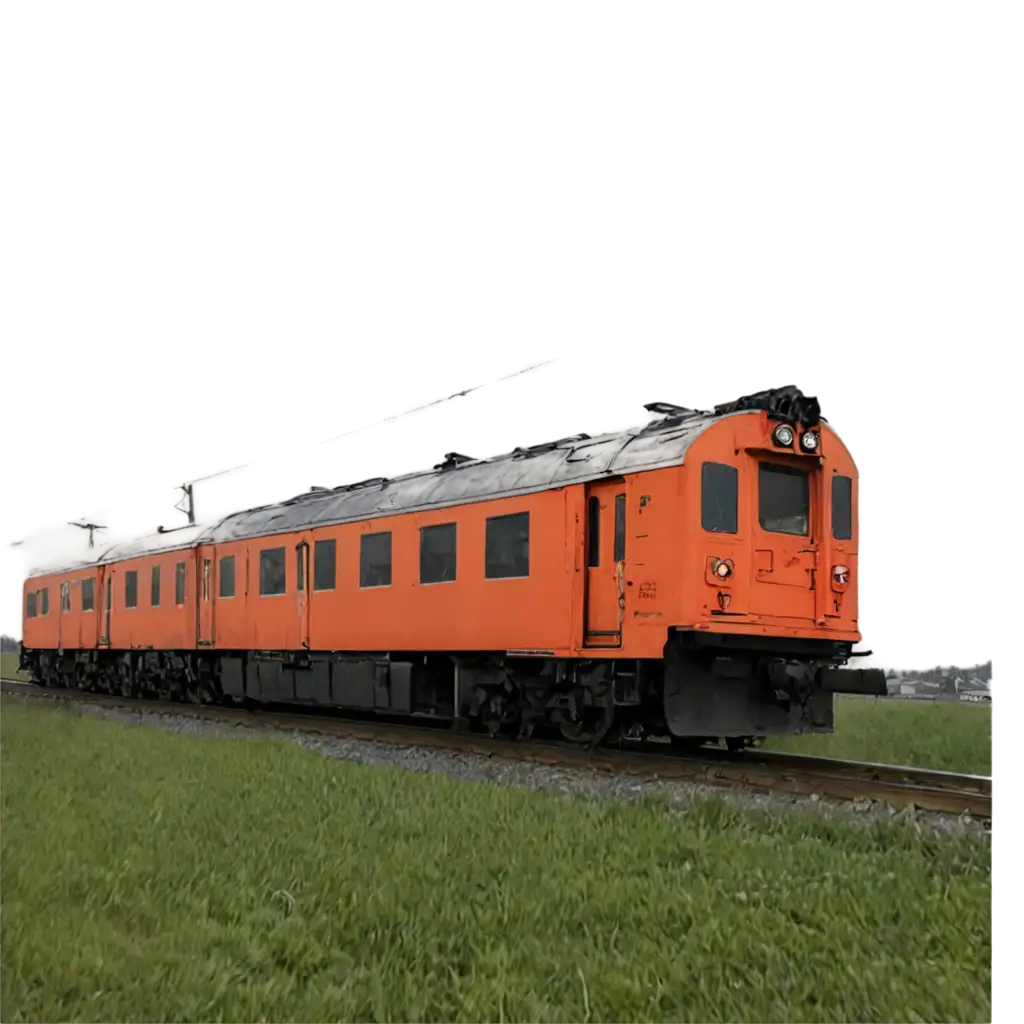
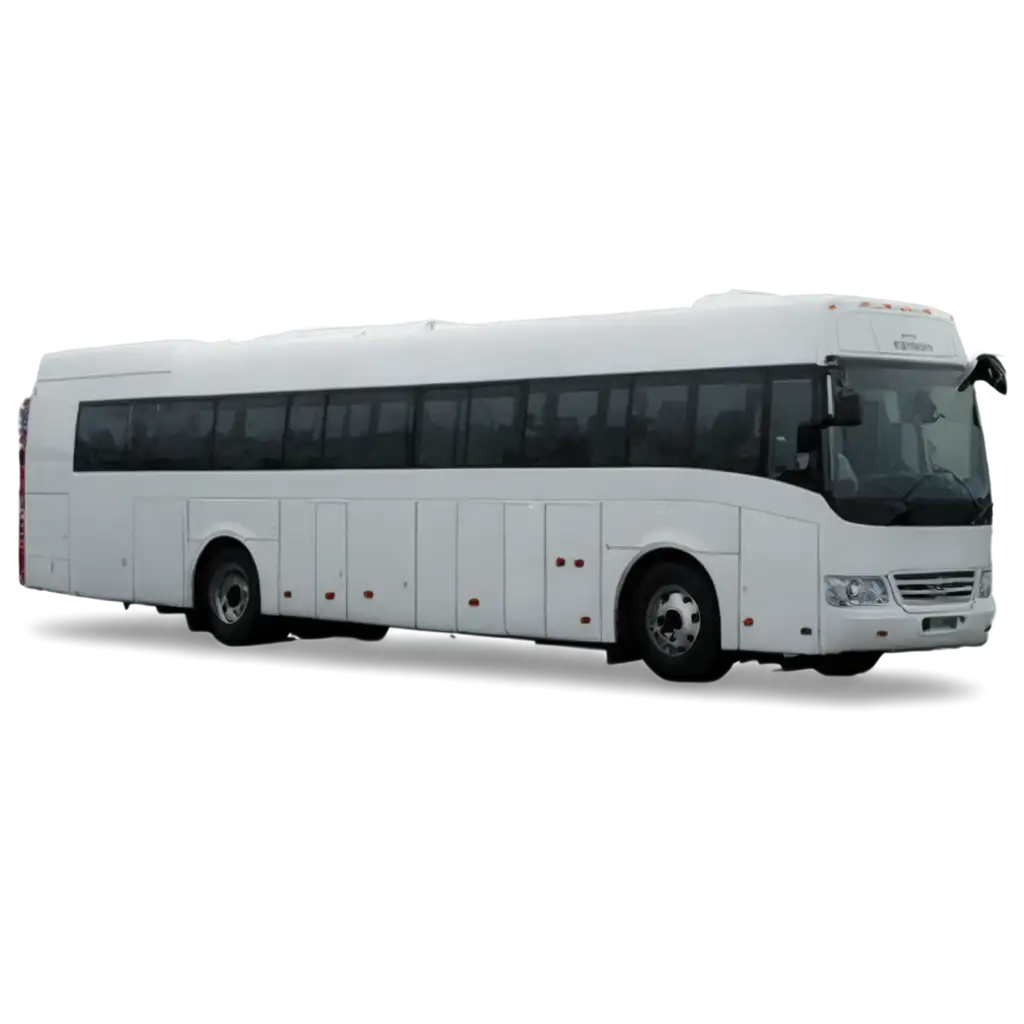
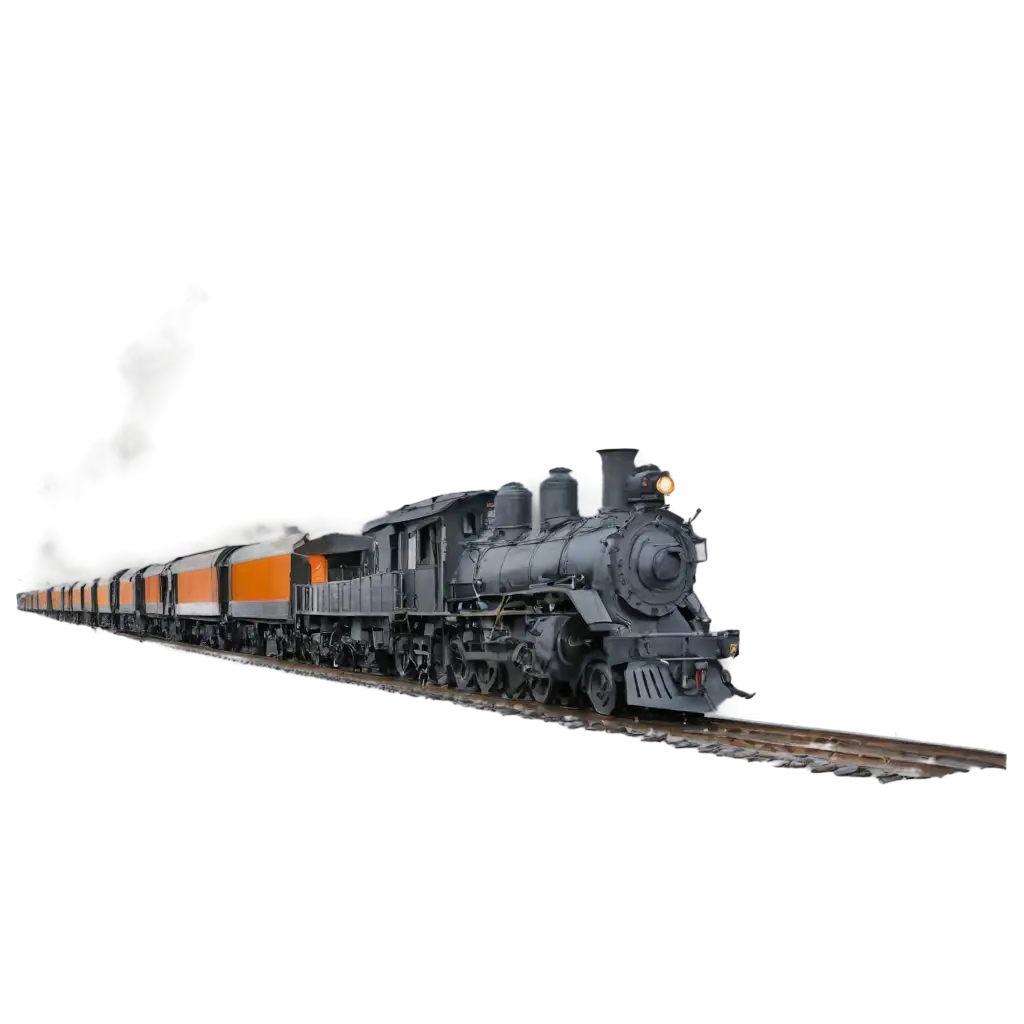
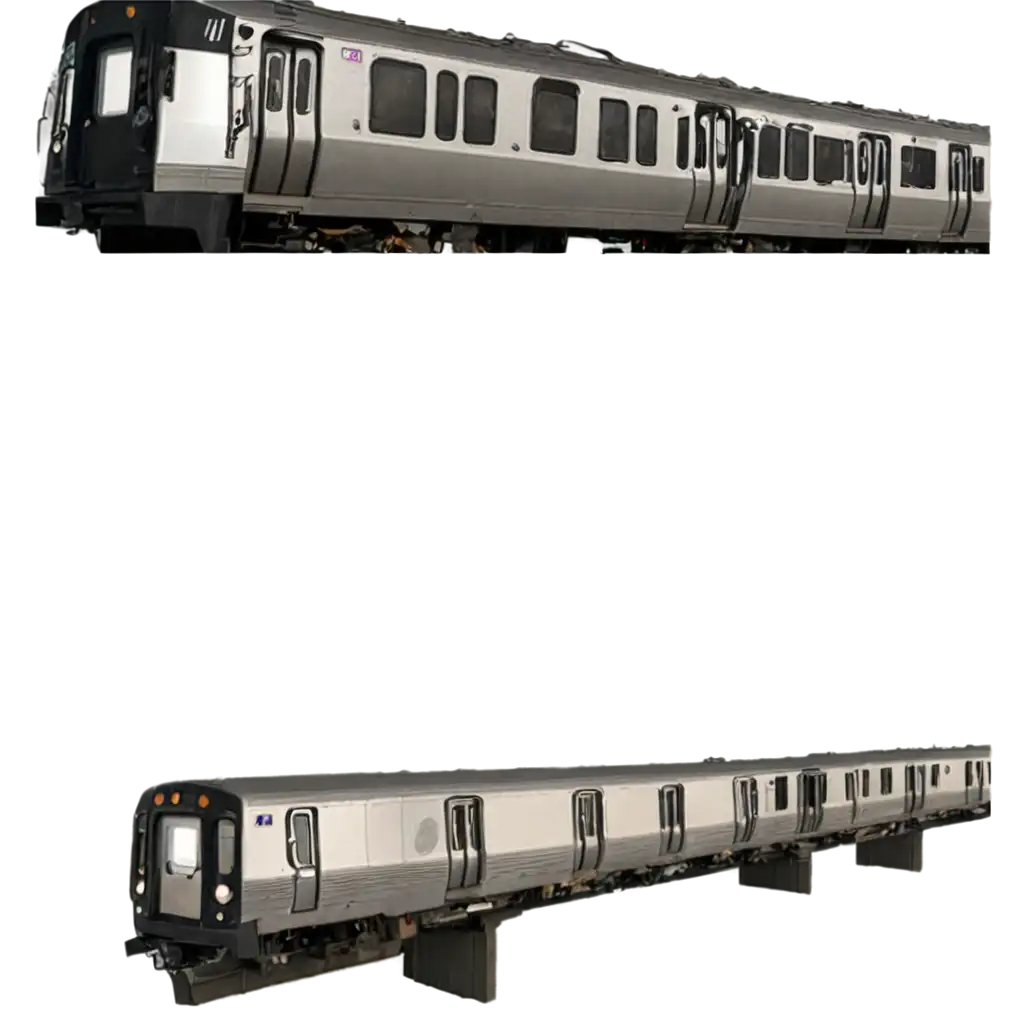
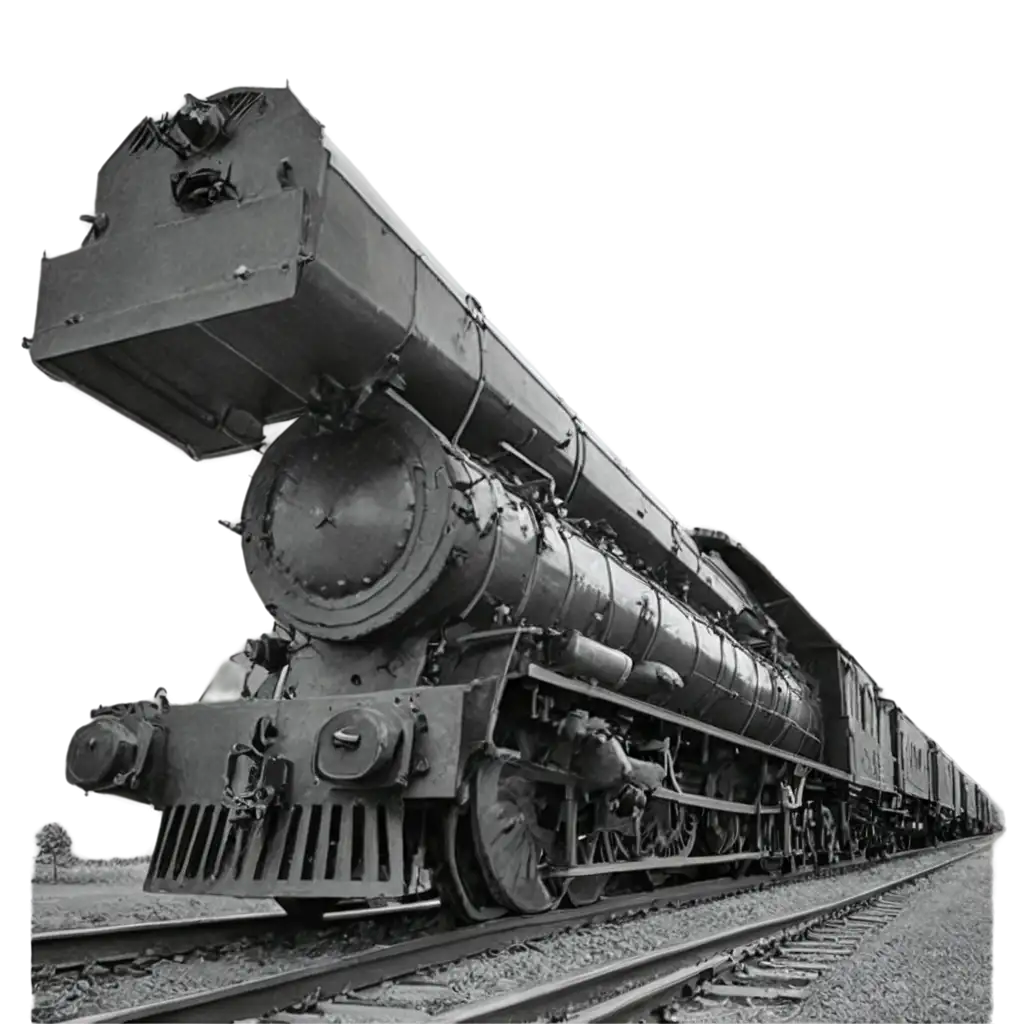
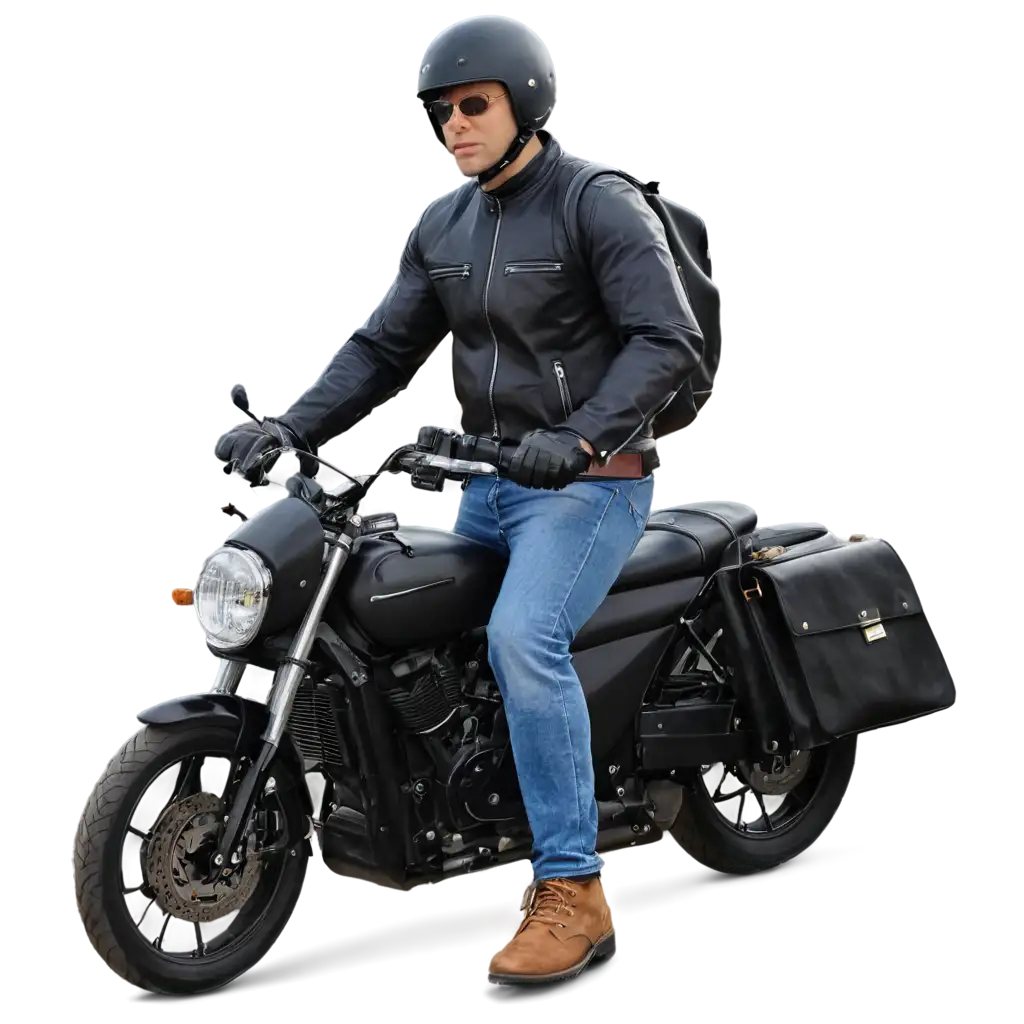
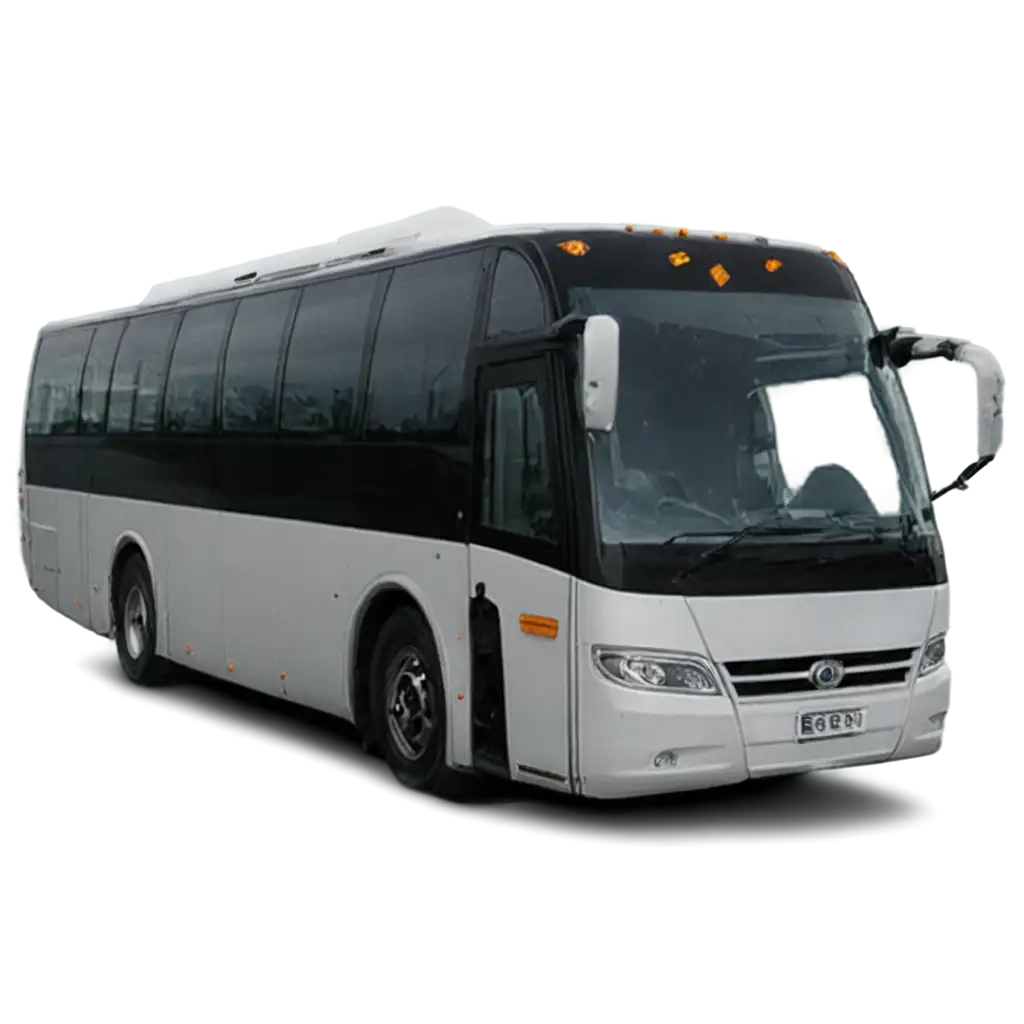
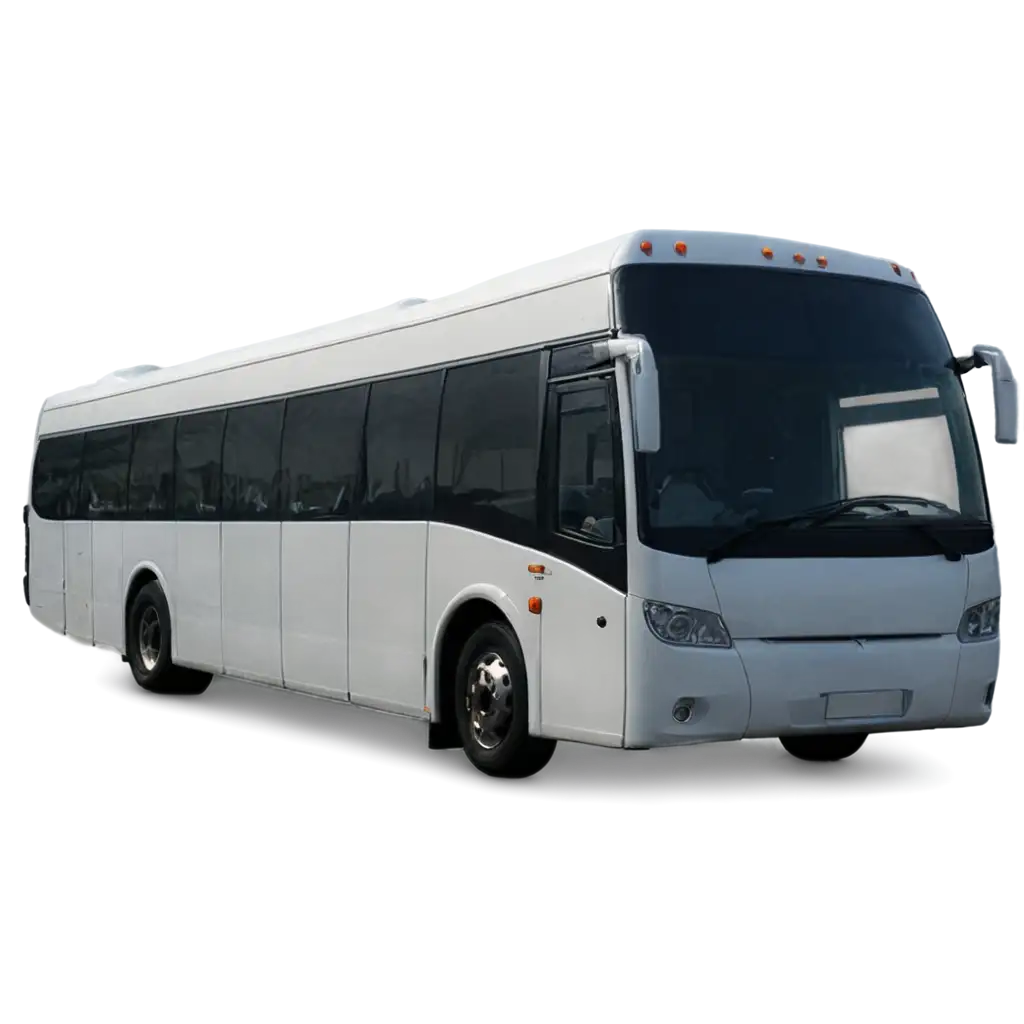
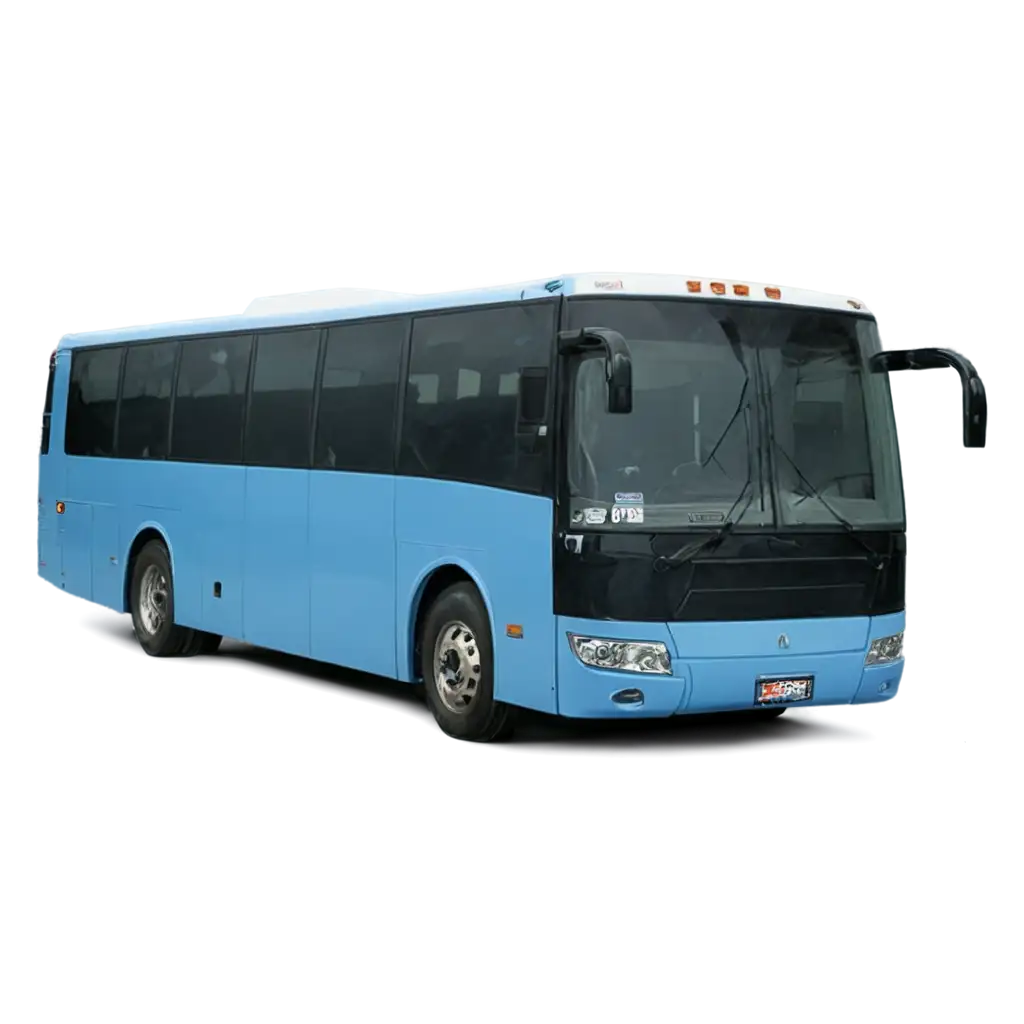
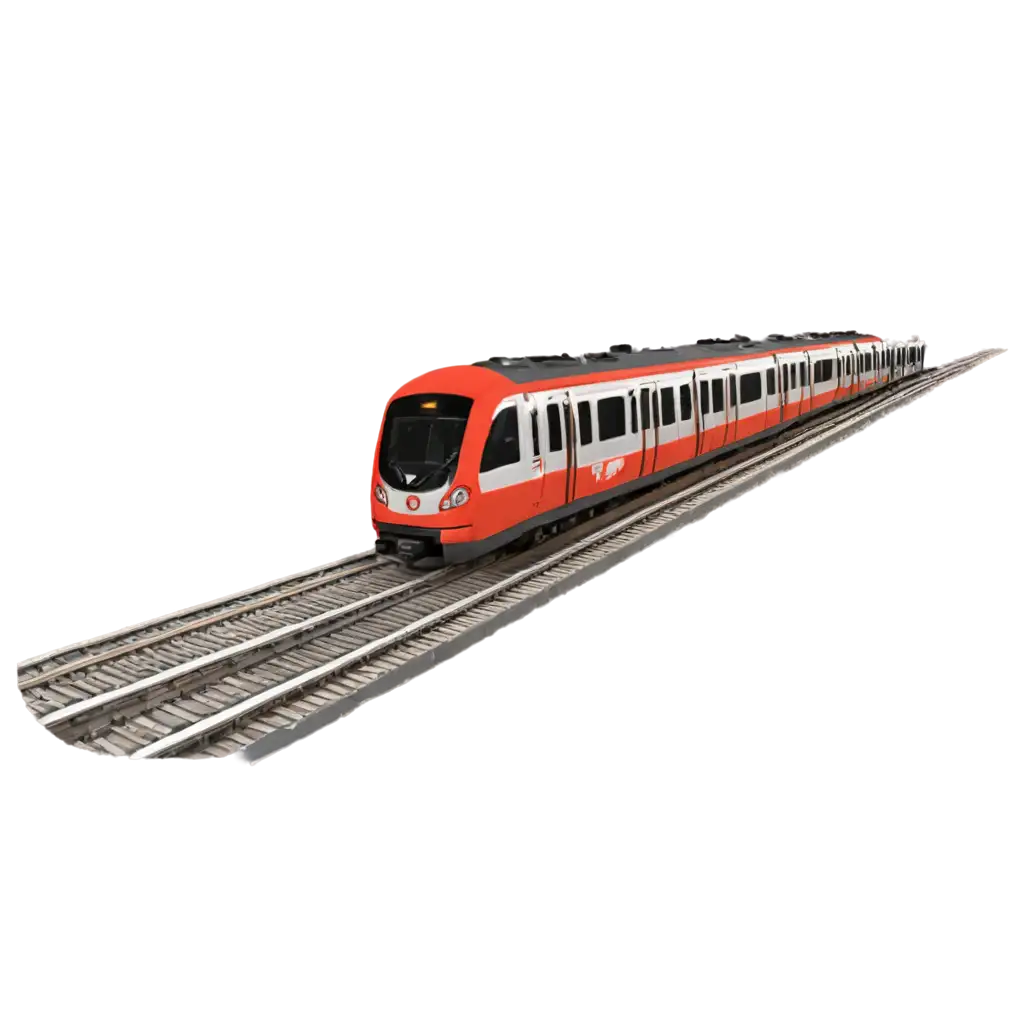
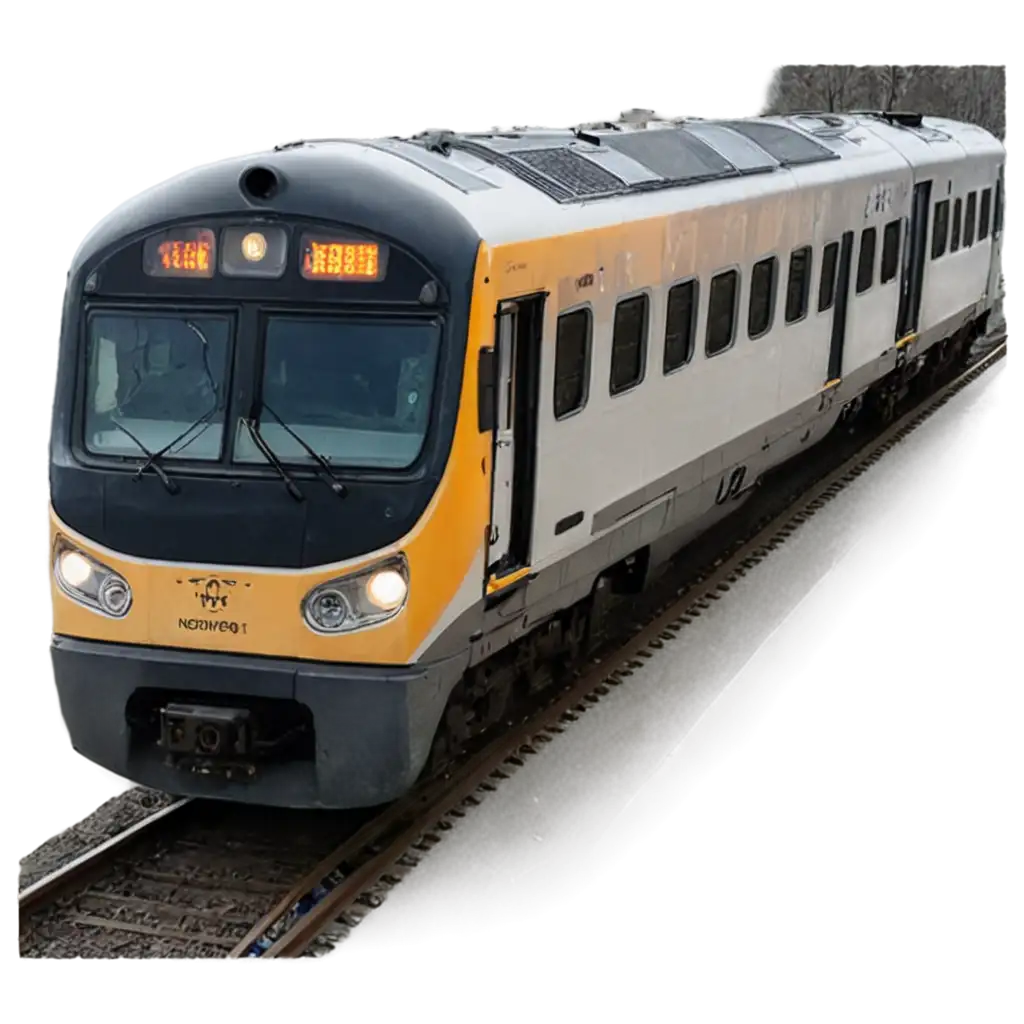
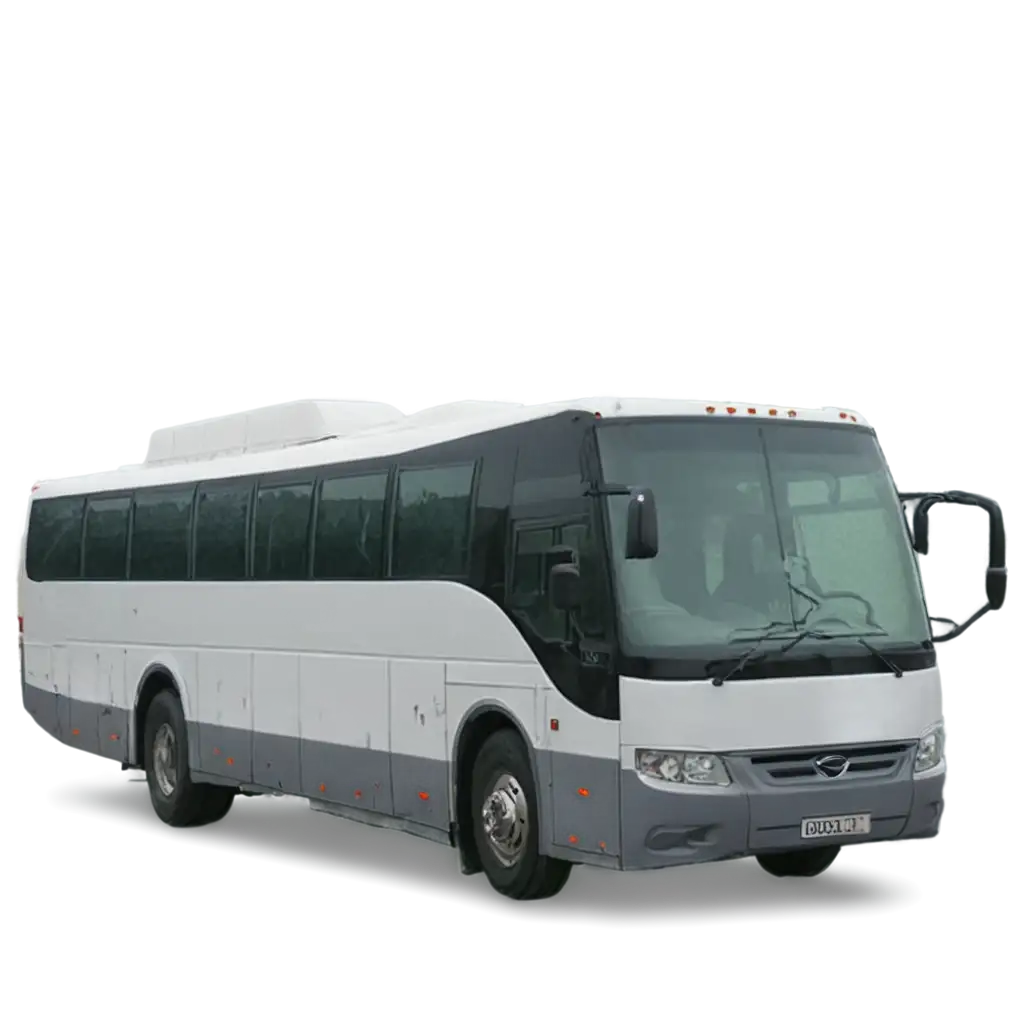
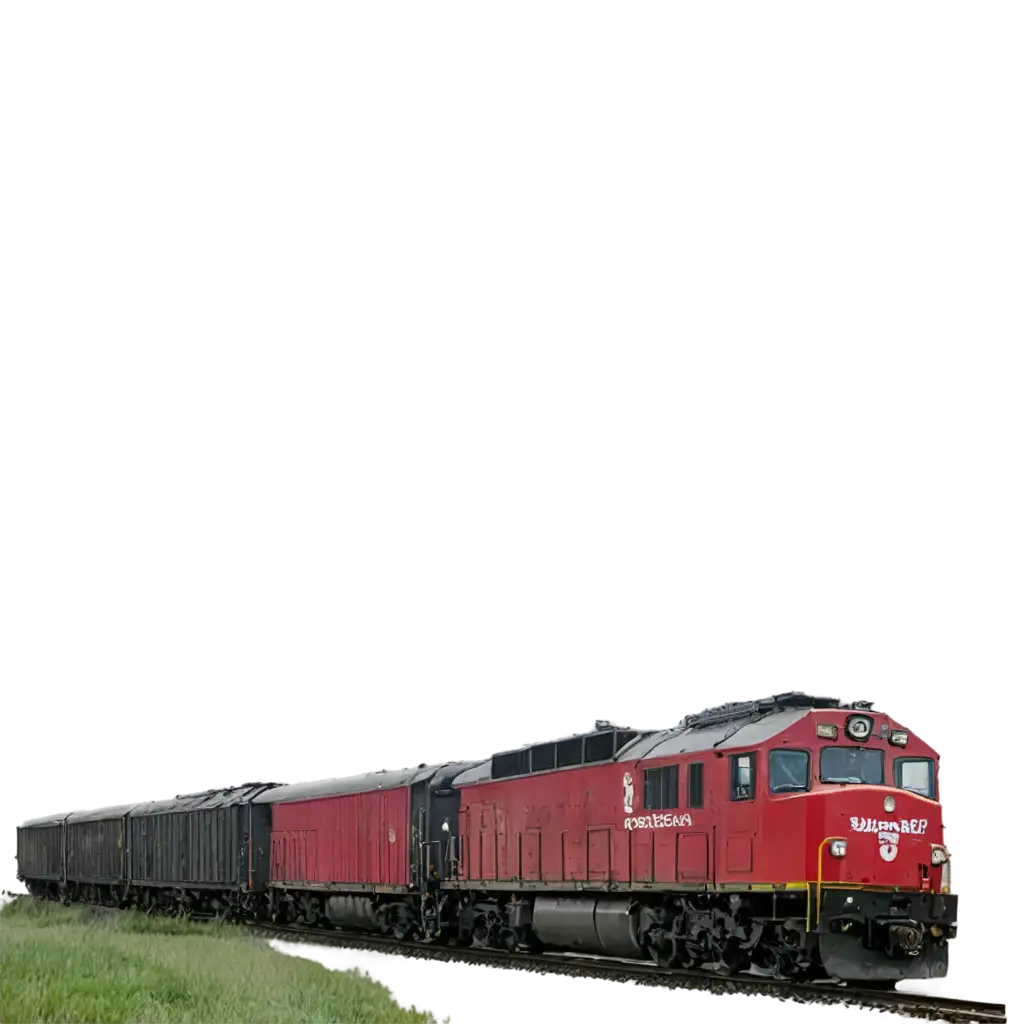
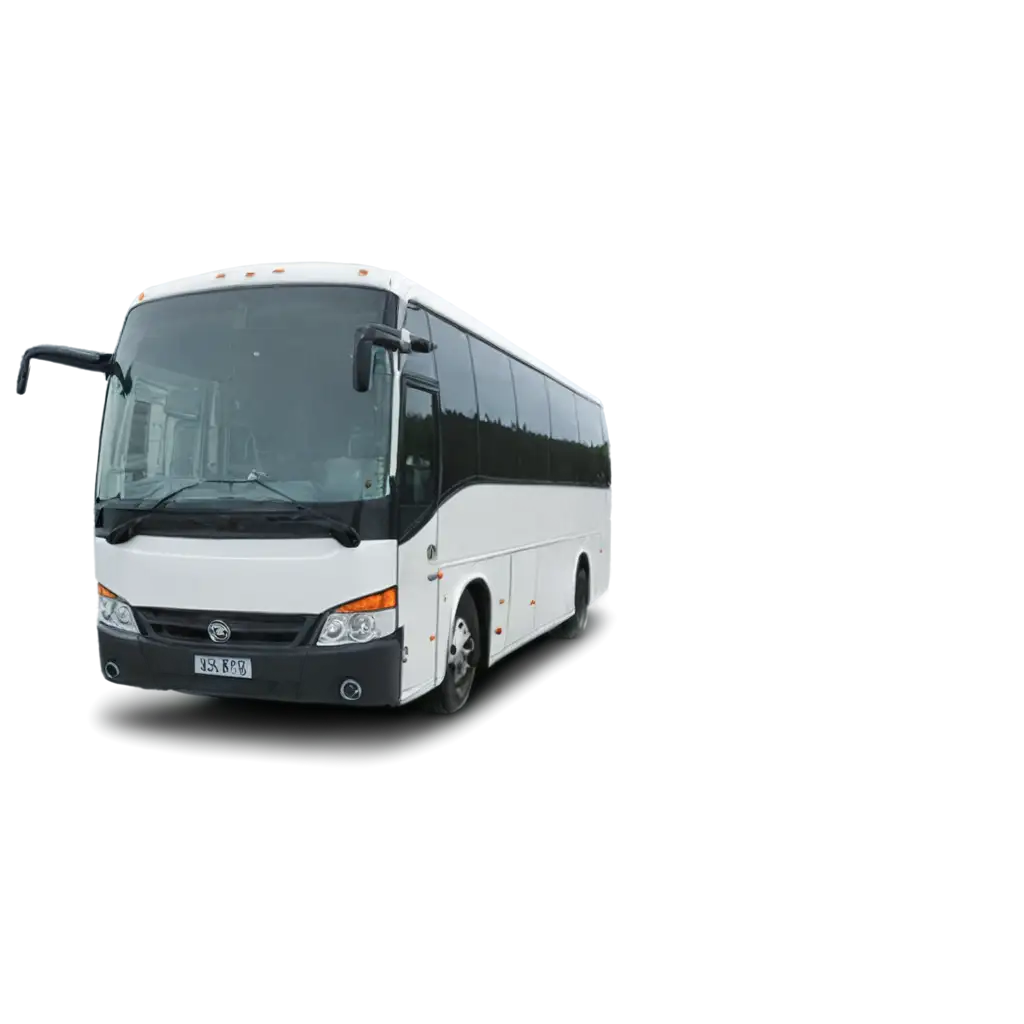
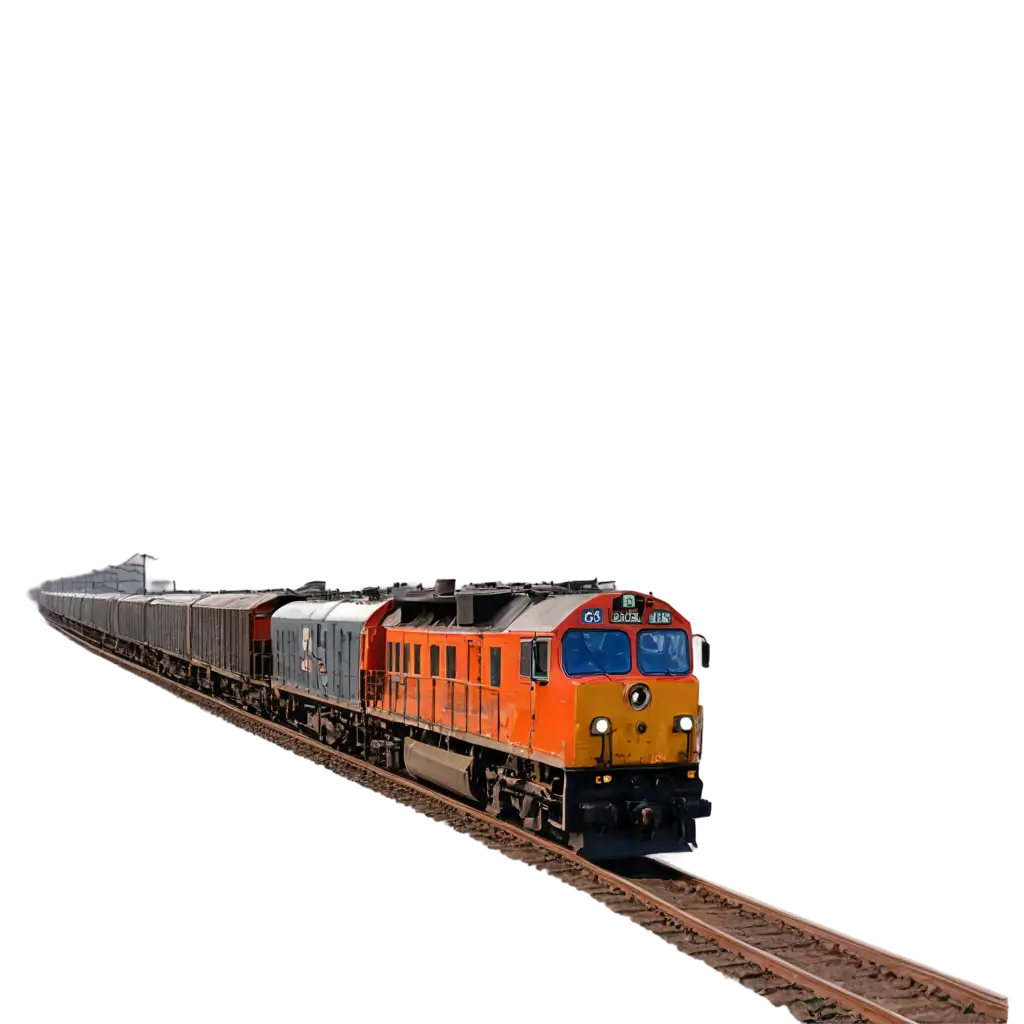
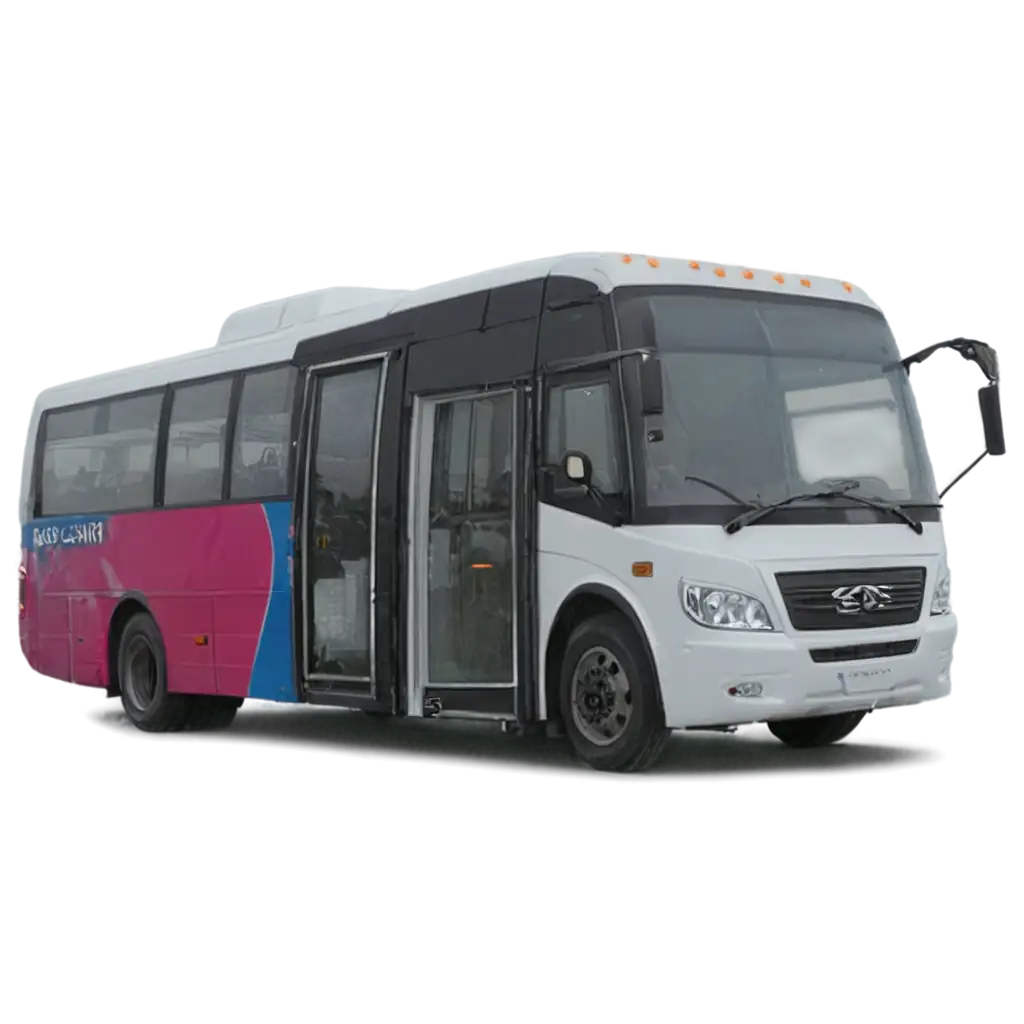
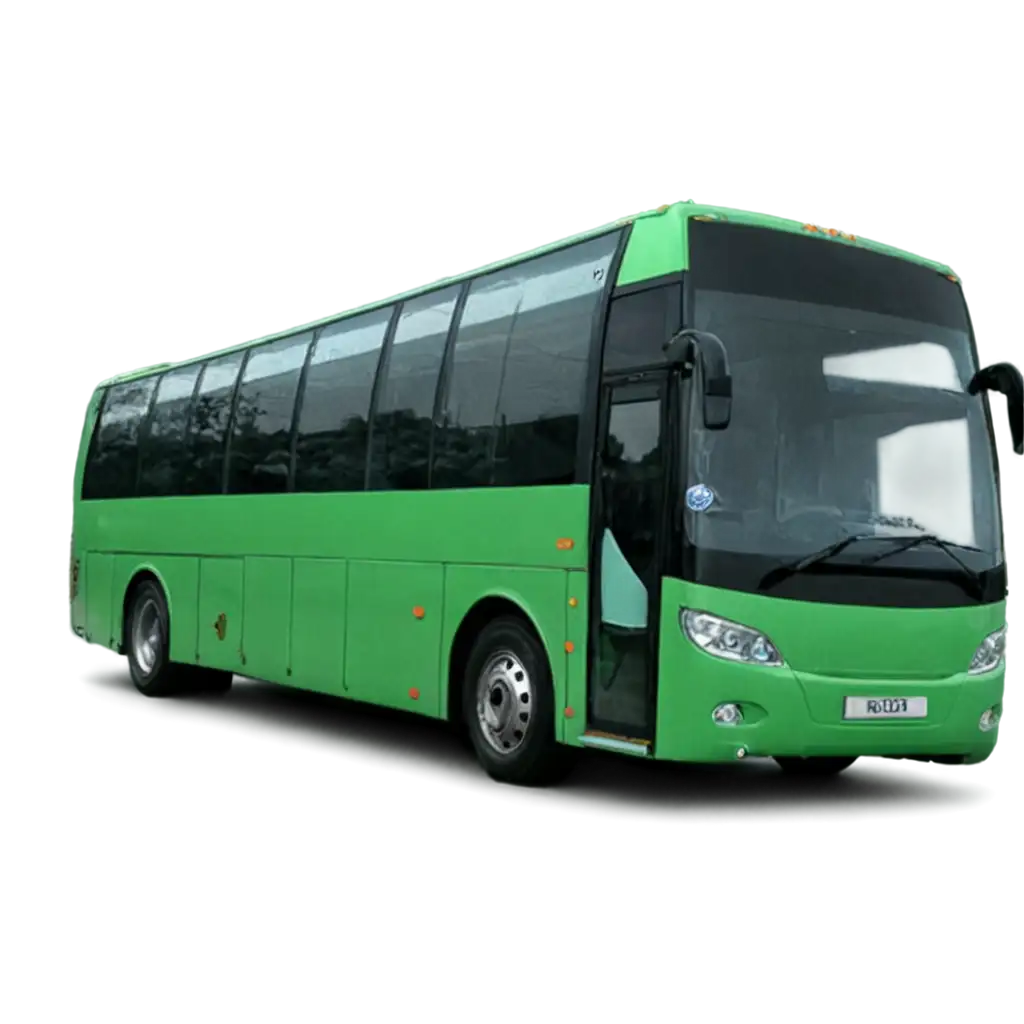
Related Tags
AI-generated commuter photography has emerged as a powerful medium for documenting urban life and transit experiences. This innovative approach combines real-world observations with artificial intelligence to create authentic representations of daily commuting scenarios. The genre captures diverse aspects of urban mobility, from crowded subway platforms and busy bus stops to quiet morning train rides and rush-hour traffic. These images serve multiple purposes, from editorial content and marketing materials to urban planning studies and social documentation, providing a unique perspective on how people navigate their daily journeys through cities.
The Rise of AI-Generated Commuter Photography in Urban Documentation
Contemporary commuter photography encompasses various styles and formats, each serving specific needs in visual storytelling. Stock photos focus on realistic depictions of daily transit scenarios, perfect for editorial and commercial use. 3D renders offer innovative perspectives on transportation infrastructure and vehicle design. Vector illustrations provide simplified, iconic representations ideal for infographics and signage. These diverse formats cater to different applications, from corporate presentations and marketing campaigns to urban development proposals and public transportation initiatives. The versatility of AI-generated commuter images allows creators to convey both the practical and emotional aspects of daily transit experiences.
Diverse Styles and Applications in Modern Commuter Imagery
The process of creating compelling AI-generated commuter photos involves understanding both the technical and human elements of daily transit. Key considerations include lighting conditions typical of different times of day, the diversity of transportation methods, and the authentic representation of human interaction within transit spaces. Successful images often capture subtle details like morning coffee cups, newspaper readers on trains, or the play of natural light through station windows. The AI generation process can be refined through prompt engineering to achieve specific moods, weather conditions, or cultural contexts, making the images more versatile for various applications.
Creating Authentic Commuter Scenes Through AI Generation
AI-generated commuter photography is revolutionizing how we document and understand urban mobility patterns. These images contribute to urban planning by visualizing potential infrastructure improvements and highlighting current challenges in public transportation. Looking ahead, emerging trends include the integration of environmental consciousness in commuter imagery, showing sustainable transportation options and green urban solutions. The future of AI-generated commuter photos will likely focus more on diverse representation, sustainable transportation methods, and the evolving nature of work-life balance in urban settings, reflecting changing societal priorities and technological advancements in urban mobility.
Impact on Urban Visual Documentation and Future Trends